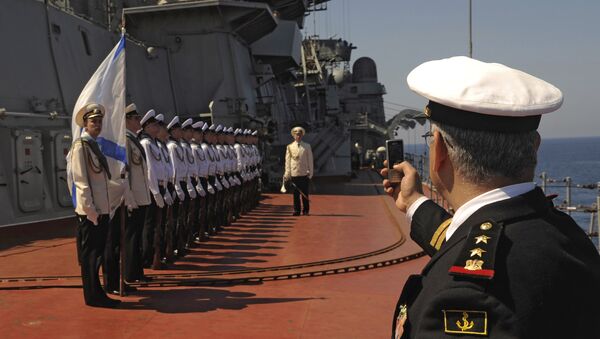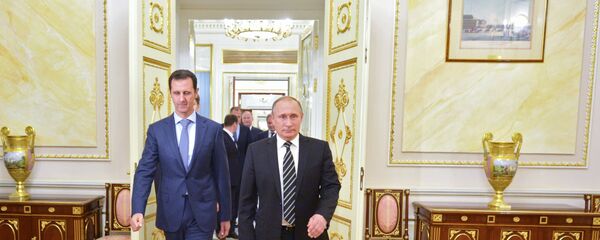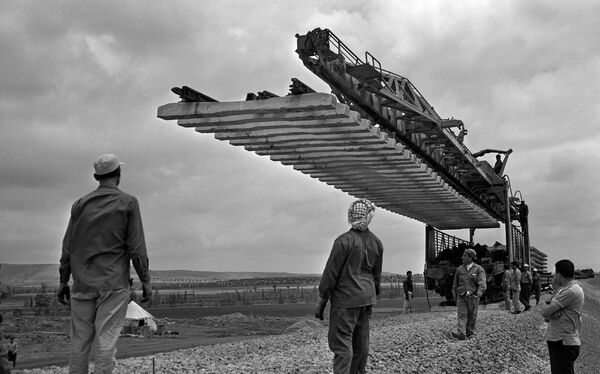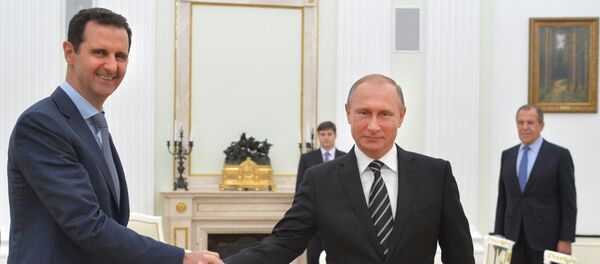While the current Russian operation in Syria may be unprecedented in Russia's newest history, the two countries have enjoyed a long military and economic relationship which fostered ties that made the current operation against ISIL militants possible.
Anti-Colonial Roots
Russia was one of the first countries to recognize Syria in 1944, when the country declared independence from the French Mandate and still had foreign troops on its territory.
The first military contacts began after 1955, when the Baghdad Pact, later CENTO, was established. Meant to be a sort of Middle Eastern NATO, it stretched from Turkey to Pakistan and was aimed at containing the USSR in the region. The organization steadily fell apart by 1979 when Iran's Shah was overthrown by the Islamic Revolution.
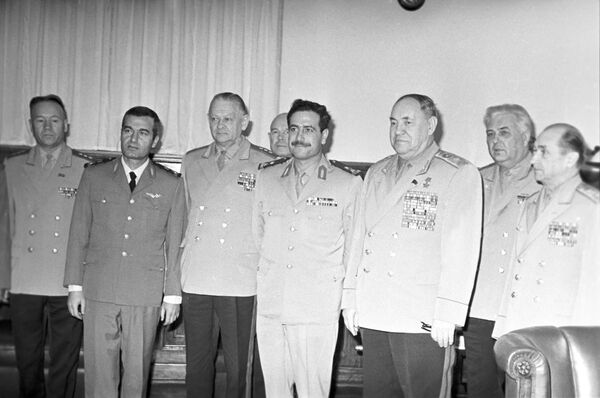
The USSR began military cooperation with Syria the following year, when the threat of a CENTO invasion appeared imminent, with Baghdad Pact countries massing troops on Turkey's Syrian border. Military maneuvering by the US and USSR eventually created the risk of an all-out war between the two superpowers, but was eventually settled in this little-known episode of the Cold War.
Cold War Politics
The USSR also heavily invested in Syria's economy, building its oil sector practically from scratch and later developing such infrastructure projects as the Tabqa and al-Baath dams near Raqqa, several major factories and multiple rail links.
The Soviet Union also gave considerable loans to Syria for the development of its state-owned industry sector, although figures suggest that Syria bought most of its industrial equipment at the time from West Germany.
Syria's 1982 conflict with Israel, during the Lebanese Civil War was a major point of cooperation as Soviet air defense forces made an unexpected offensive during Operation Kavkaz-2. Arriving in Tartus on January 10, 1983, Soviet forces clandestinely moved S-200 air defense systems to the Homs and Damascus areas over the following two months, surprising US and Israeli air forces and effectively ending Israel's unchecked airstrikes in Syria and Lebanon.
While Russian-Syrian ties effectively ended after the collapse of the Soviet Union, Russia's economic rise in the early 2000s and Bashar Assad's economic liberalization allowed for new oil and weapons contracts. The weapons contracts later proved vital to Syria as they kept the country supplied with arms throughout the crisis which began in 2011.
Tatneft, Soyuzneftegaz and Stroytransgaz were among the companies performing oil exploration and building oil refineries and pipelines. Tatneft began drilling oil in Syria in 2010, although the armed conflict that began the following year led it to suspend the operation.
